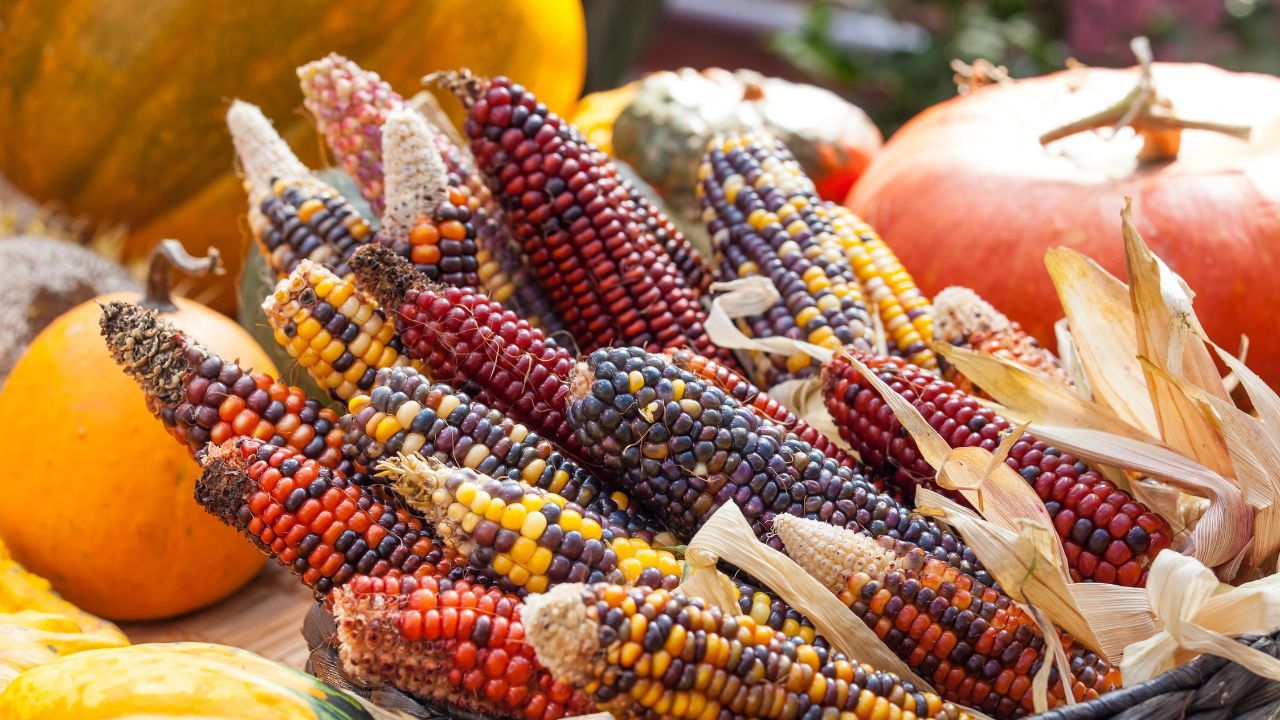Be Thankful for Learning the Facts
Nov 15, 2023
Next week is Thanksgiving, an official USian holiday with political origins. While most of us are taught to celebrate with food, gratitude, and football games, for many indigenous people, Thanksgiving is a day of mourning. It represents grief, loss, and a whitewashing of the true history of the United States.
“The antidote to feel-good history is not feel-bad history, but honest and inclusive history.” —James W. Loewen, Plagues & Pilgrims: The Truth about the First Thanksgiving
For hundreds of years, the Wampanoag were farmers, fisherman, and hunters with a sophisticated form of government. They moved inland during the winter and gave thanks to nature, which they knew would provide for them in each season. Before the Pilgrims ever arrived, the Wampanoag had celebrations of gratitude with feasts and games.
British fisherman started arriving in New England, unintentionally bringing diseases for which indigenous folks had no immunity and intentionally storming towns to kidnap indigenous folks for slavery. It’s hard to fight off attackers when their diseases wipe out massive numbers of your people. According to the Smithsonian, in some places 90% of indigenous folks died due to exposure to diseases from the British. 90%.
The Pilgrims arrived in 1620 at a time when the Wampanoag were battling with the Narragansett, who were not as affected by disease and significantly outnumbered the Wampanoag. At the time, Wampanoag and Pilgrim interests aligned. The Wampanoag taught the Pilgrims how to farm in exchange for weapons they could use to defend themselves against the Narragansett. In October 1621 after the harvest, the Pilgrims and Wampanoag held a feast to celebrate a rare, mutually beneficial relationship between Indigenous folks and Europeans.
In 2021 Anita "Mother Bear" Peters of the Mashpee Wampanoag tribe gave an interview to NPR about the true history of Thanksgiving.
Just a year after that feast that we’re taught was the first Thanksgiving, what’s called the Colonial Period Indian Wars began - a fight for European settlers to gain control of the land. For example, you may have heard of the Jamestown Massacre where the Powhatan killed colonists in eastern Virginia in 1622. The colonists were growing tobacco, which was depleting the soil and wanting more and more land rather than learning to replenish the land they were working. Have you heard of the Pequot War (1636 – 1638), fought for trade expansion, which brought the decimation of the Pequot tribe in Connecticut? Of the 3,000 tribe members at the start of the war, only about 200 survived. They were sold into slavery, declared extinct by the colonists and forbidden to use their ancestral name or return to their homeland.
In 1777, General George Washington pushed the Continental Congress to declare a national observance of Thanksgiving to bolster and unify the country, despite the struggle, suffering, and losses the United States was facing. This was the first national observance of the holiday and had nothing to do with Indigenous peoples.
On 3 October 1789 President George Washington wrote a Thanksgiving Proclamation, not in celebration of European and Indigenous relationships, but as “a day of public thanksgiving and prayer” to unify a struggling country.
In 1863, in the midst of the Civil War, President Abraham Lincoln established Thanksgiving as a national holiday on the last Thursday of the month of November. It wasn't a passion project. Sarah Josepha Hale, the editor of Godey's Lady's Book, a popular magazine for white women in 19th century United States, campaigned for years to make Thanksgiving a nationally observed holiday. You can read Lincoln’s proclamation here.
These are not the facts that USian children are taught in school, so it’s our responsibility to share what we know.
How can we decolonize our thinking about this holiday?
- Learn the truth. There’s way more history than what I’ve shared.
- Listen to Indigenous voices like Anita "Mother Bear" Peters above. You can also look here and here.
- Learn how to talk about this in an age-appropriate way and share with your kids educators.
- Decolonize your dinner. What foods are indigenous to your region? What companies do you support with your food buying choices? Maybe incorporate the three sisters - corn, beans, and squash - into your plan.
All of this is everyday activism. You can make choices like this a habit. Want to know more? Sign up for the free Everyday Activism Action Pack to get started.
Ready to DO something right now? Download the Everyday Activism Action Pack and get started today.
We hate SPAM. We will never sell your information for any reason.

